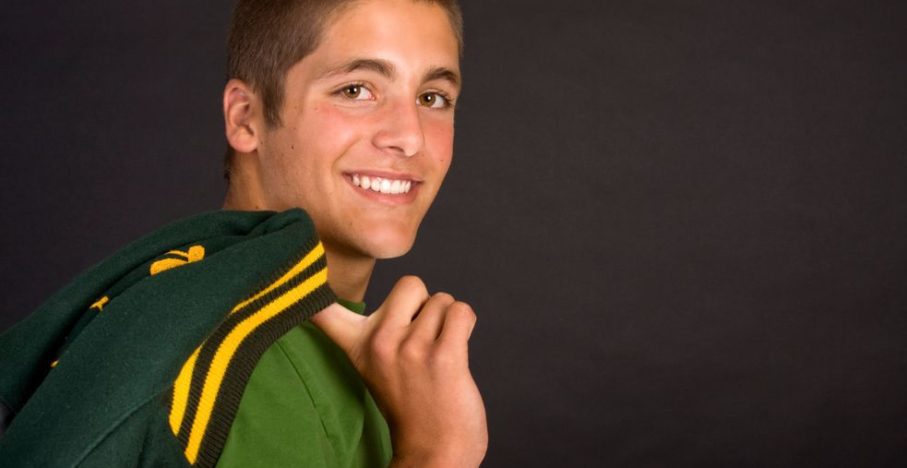Student-athletes can become bigger targets for accusations of sexual misconduct

Student-athletes often have high-profile roles at their college or university. Representing the institution through playing on its sports teams, they can be a focus of school spirit, and they often attract attention from student fans. But that attention can come at a price.
In 2021, the National Collegiate Athletic Association (NCAA) announced an interim policy allowing student-athletes to make money off their name, image, and likeness. The perception on campus that student-athletes are wealthy, or on the brink of becoming so, can mark them students as lucrative targets for false accusations of sexual misconduct. If this happens, they need the help of an experienced Title IX attorney like Andrew T. Miltenberg, Esq.
Student-athletes are at risk when they are viewed as having a near-term, big payday, says Miltenberg. Accusers may make false claims hoping for a monetary settlement. Even if acquitted, high-performing student-athletes face a possible end to their career in sports, with professional leagues or Olympic committees losing interest and withdrawing support. Miltenberg has seen this in cases involving college athletes in a variety of sports, including football, basketball, hockey, and baseball.
Miltenberg describes a case with a client at a Division I school who was drafted by a major league baseball team. He was a top pick and considered a likely candidate for the major leagues. When the athlete’s girlfriend suggested that they move as a couple to the location of his minor league team, he declined. Following this exchange, the athlete’s girlfriend accused him of sexual misconduct. With Miltenberg’s assistance, the case was resolved in the baseball player’s favor. But afterward, the major league team dropped the student-athlete, and his baseball career was ended. “In this day and age, it’s over,” says Miltenberg. “No one will take you after sexual assault allegations.”
Cases involving student-athletes sometimes get more attention from university administrators – and that’s not necessarily a good thing, Miltenberg says. “I have found that student-athletes are less likely to be treated fairly by the school,” he explains. When prominent athletes are suspended or expelled after a Title IX hearing, schools see it as a warning to the rest of the student body. “What better way to send the message that the school is not going to tolerate this behavior?” asks Miltenberg.
For example, a very public case involved the University of Wisconsin and Quintez Cephus. He was one of the football team’s star receivers and faced charges of sexual assault. He was suspended from the school and the team. “There was no compunction about suspending him,” says Miltenberg. This indicated to the entire student community that the university was serious about Title IX infractions.
Eventually, Cephus was found not guilty. But the allegations and publicity still influenced his career. “He did get drafted and plays in the NFL for the Detroit Lions,” says Miltenberg, “but he became a fifth-round pick, instead of a projected second-round pick.”
An attorney specializing in Title IX can help student-athletes protect their reputations and professional future. If you or someone in your family is a student-athlete accused of sexual misconduct, contact Andrew T. Miltenberg, Esq., of Nesenoff & Miltenberg, LLP for experienced expert advice.




